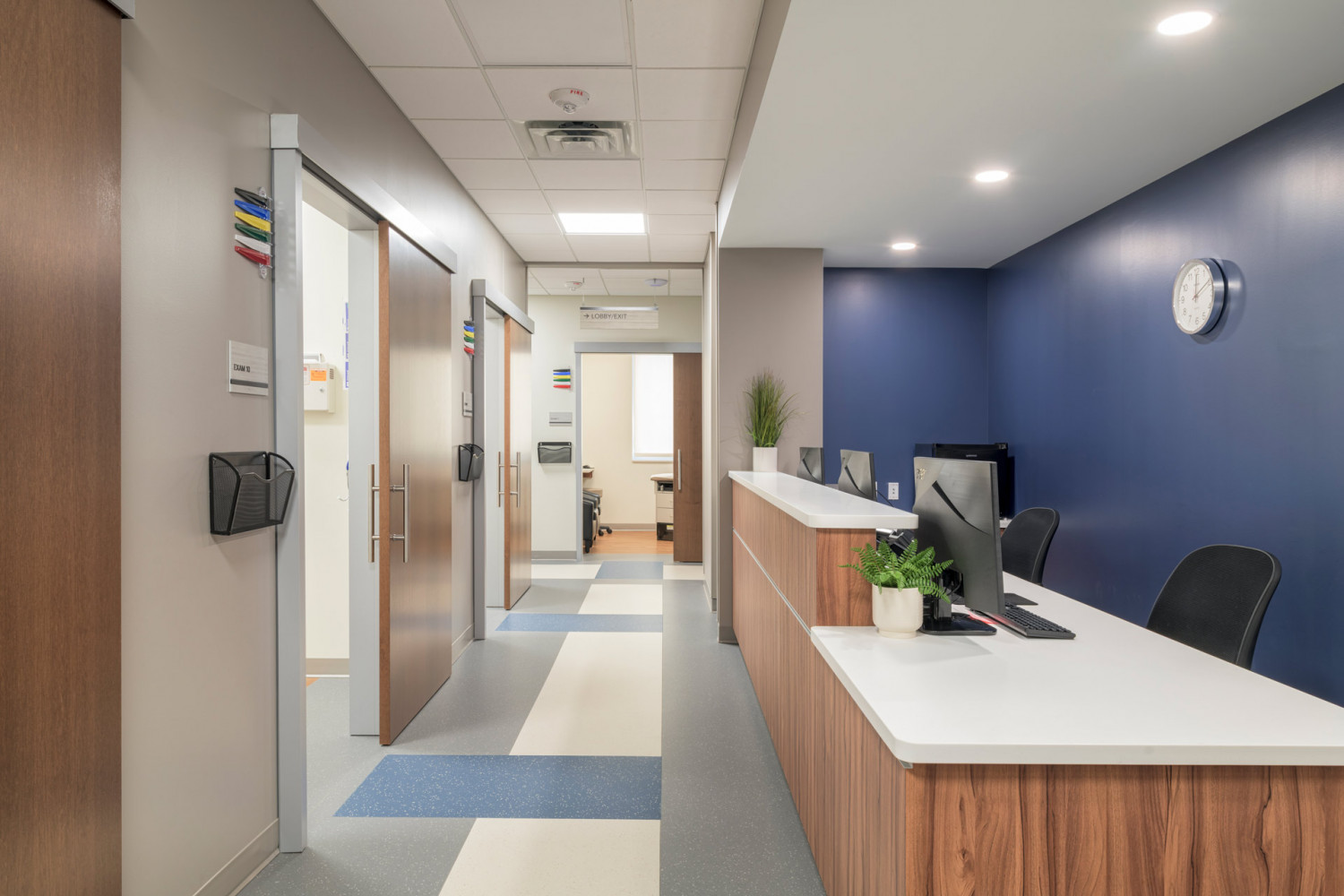

Contact Us!
Phone (952) 207-2424
Location
1463 White Oak Dr
Chaska, MN 55318
Hours
Hours: Mon-Fri 8AM - 5PM
Sat-Sun: Closed
Now accepting procedures and surgeries covered by select insurances at our Edina Ambulatory Surgery.
Call our clinic for more information
6500 Barrie Road, Edina, MN 55435


Endoscopic Sleeve Gastroplasty
Lose weight once and for all with a non-surgical endoscopic sleeve.
Gastric Bypass
Achieve weight loss success with the help of gastric bypass surgery.
Revisional Surgery
Explore corrective measures for surgical complications and weight regain.
Medical Weight Loss
Begin a controlled, prescription-based weight loss plan to help you reach your goals.
Orbera Intragastric Balloon Therapy
Lose weight and keep it off - without surgery.
Sleeve Gastrectomy
For a more conservative approach, learn about sleeve gastrectomy.
blue section
Learn about your weight management options
There is no one-size-fits-all approach to successful weight loss. At Bhatti Weight Loss, we can recommend various methods based on your previous weight loss attempts and personal goals. The procedures we offer include:
Procedures can typically be scheduled within a week, so you can begin seeing results sooner than you might expect. Call (952) 207-2424 to schedule a consultation with our professional medical staff.
Patient Success Stories
I had my procedure on a Monday and I returned to work that Wednesday. I'm thrilled with the results!

ESG Patient
I love Bhatti Weight Loss. Everyone made me feel extremely comfortable during the procedure.

Gastric Sleeve Patient
I would absolutely recommend Bhatti Weight Loss for the Orbera procedure. As of today, I'm down 30 lbs!

Orbera Patient
Payment Options
We understand that many patients are concerned about the costs associated with weight loss surgery and bariatric care. While the upfront costs of bariatric surgery may appear high, the benefits of weight loss on one's overall health are invaluable. Multiple studies have shown an overall reduction in healthcare costs in the long term for patients who undergo weight loss surgery.
At Bhatti Weight Loss, we offer a wide range of payment options for our patients so you can receive the highest quality care that you deserve without worrying about the finances. See our Payment and Pricing page for more information.
We accept the following:
- Commercial Insurances
- Transcarent
- SurgeryPlus
- HSA Plans
- Cashpay/self-financing
See below for up front pricing on all our procedures.
